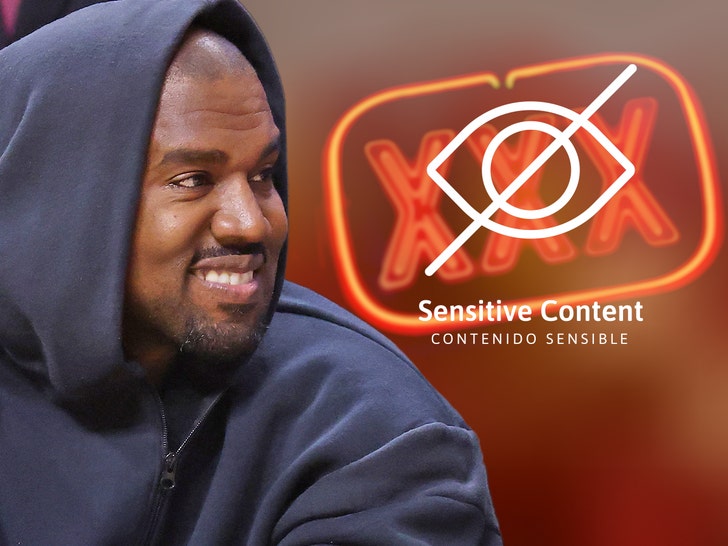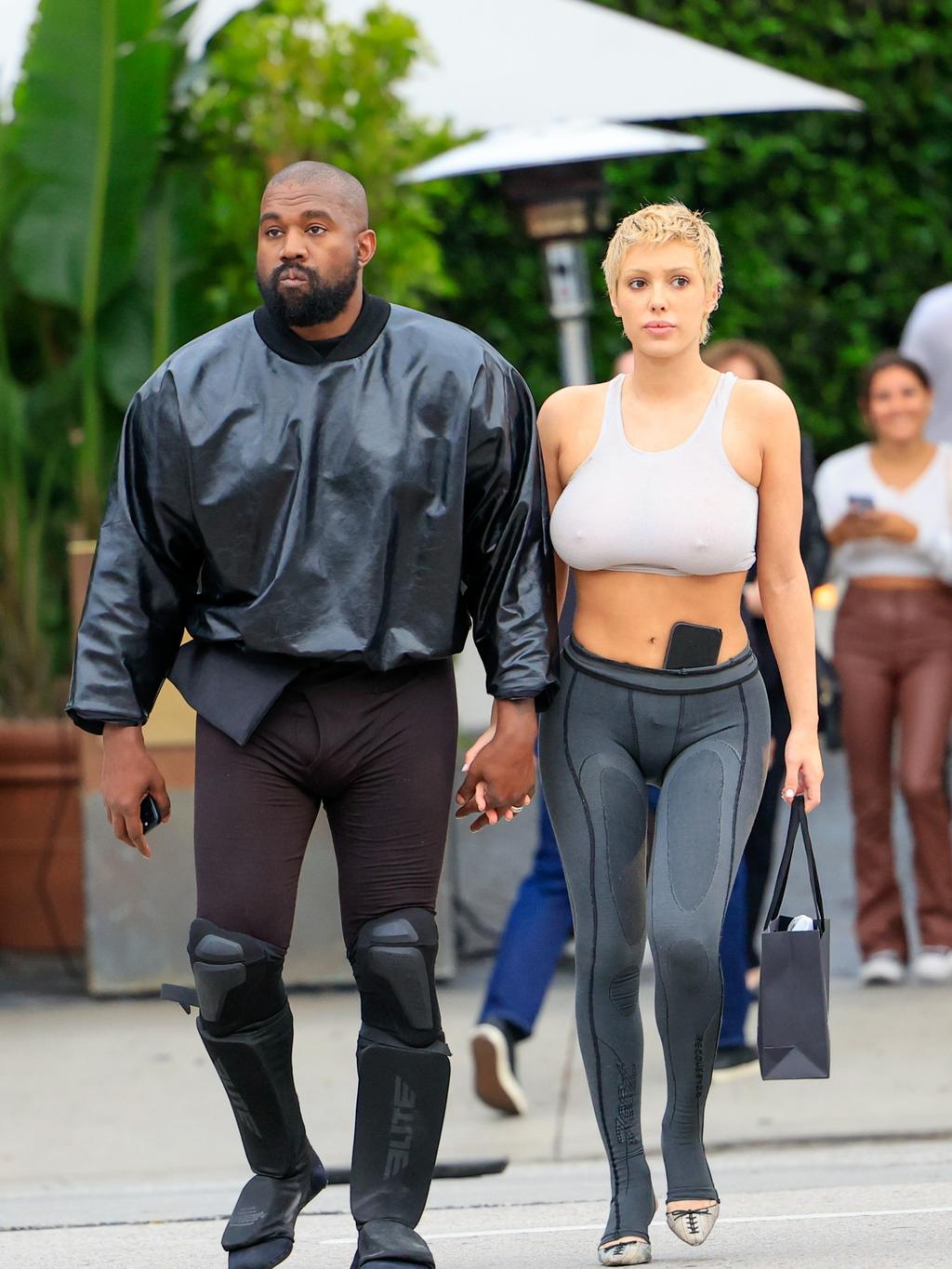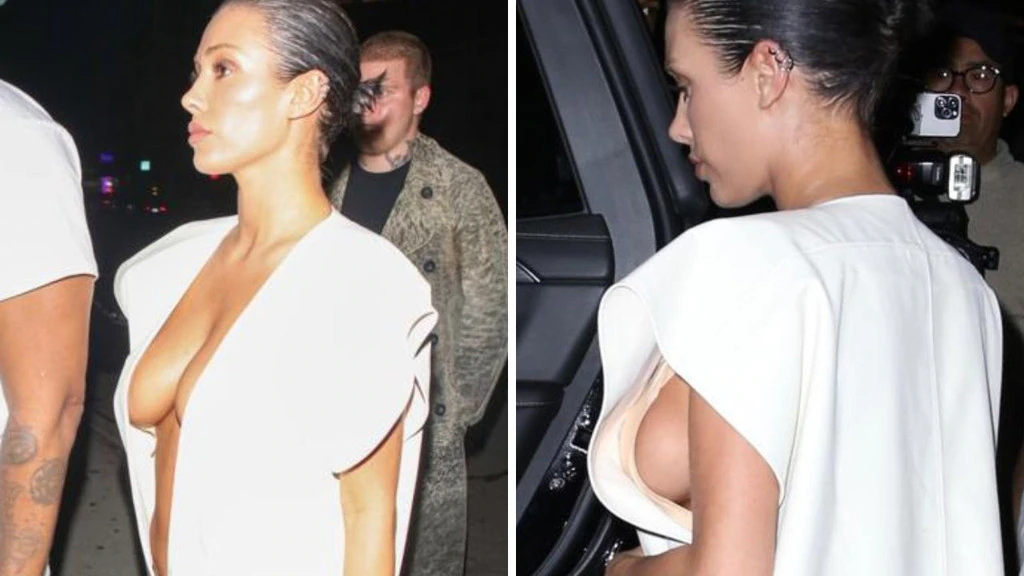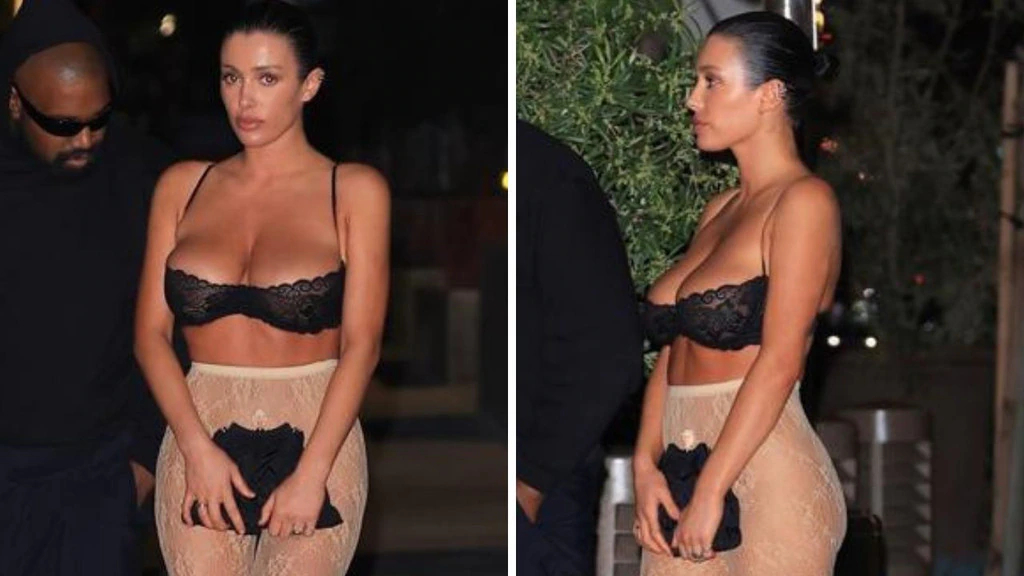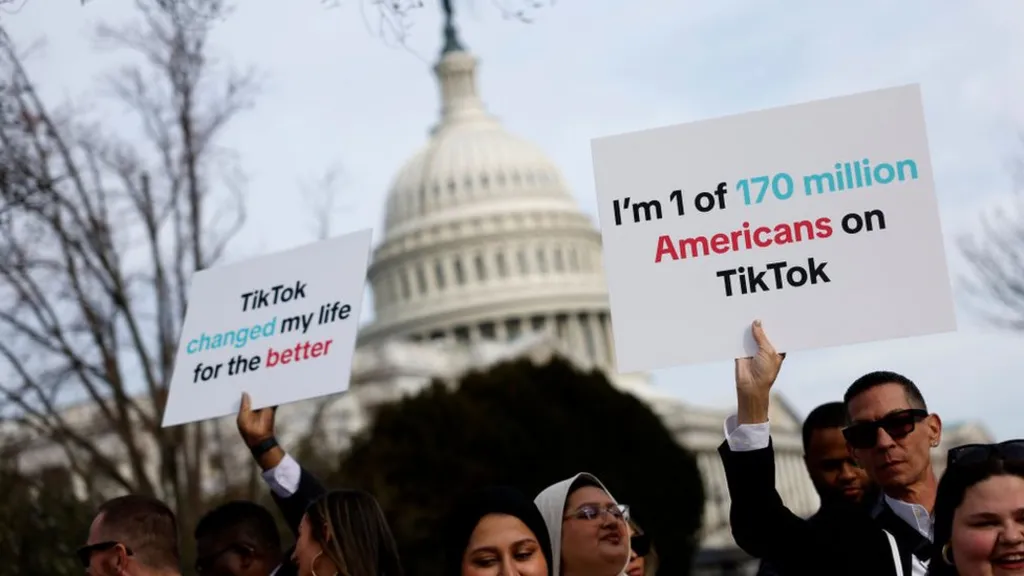This article is more than
1 year oldWhy Kanye West Will Never Be Canceled
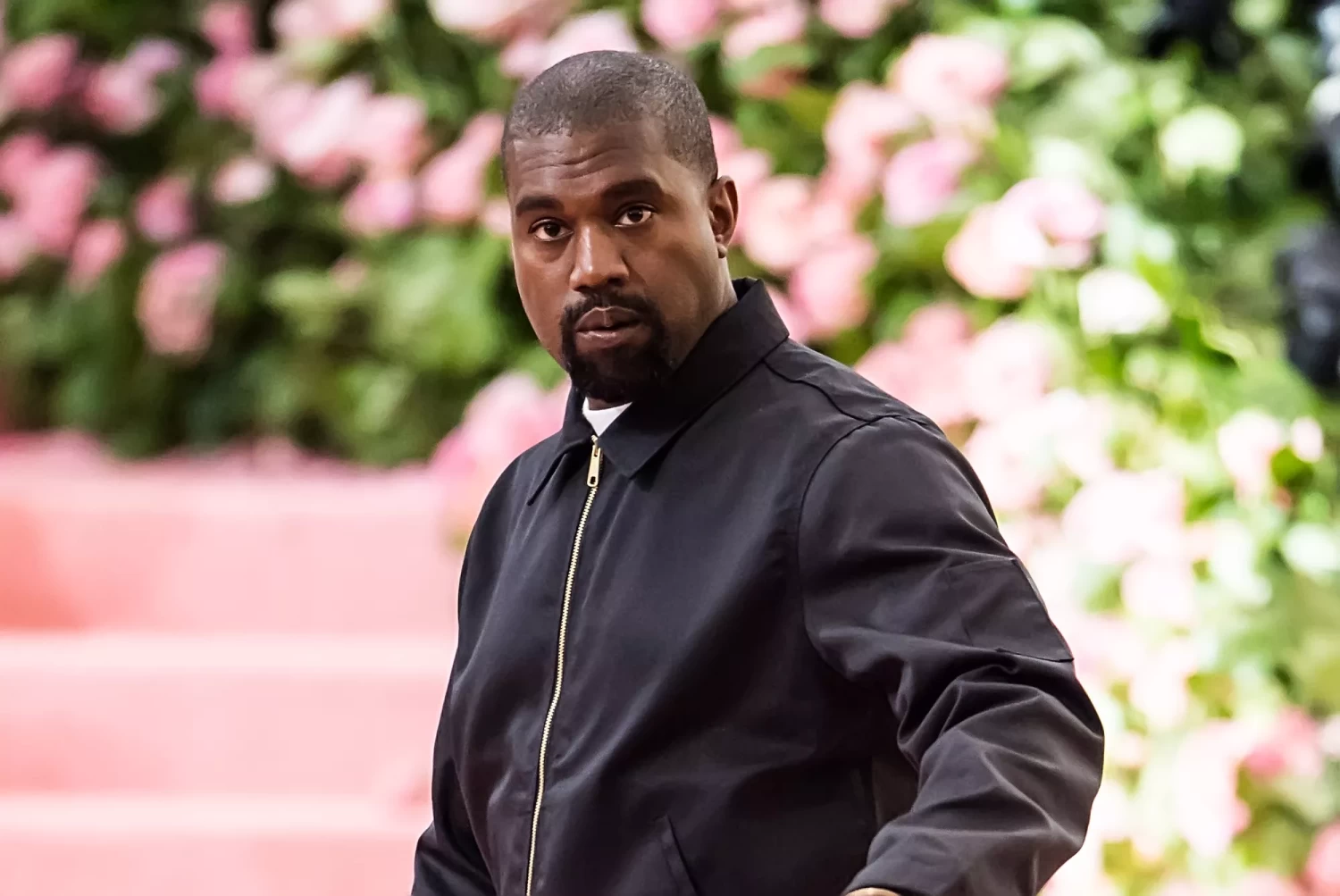
Kanye West has always been known for his outlandish comments and wild public stunts, but in recent years he has become more controversial, with many calling for him to be "canceled."
Now known as Ye, the 46-year-old rose to fame as an outspoken hip-hop producer who turned his hand to performing and has become one of the most prolific rappers of all time.
A marriage to reality TV star Kim Kardashian propelled him to international notoriety beyond music, and he soon turned his hand to fashion, creating a lucrative line called Yeezys with sportswear brand Adidas.
But he has since found himself on the outs in the entertainment world, including Adidas dumping him from the Yeezy brand, which he claimed cost him $1 billion. Forbes had valued his Yeezy deal at $1.5 billion, but without it, his fortune dropped to $400 million. This is still a sizable fortune, so the question is, can Ye ever be canceled?
Conservative commentator Candace Owens doesn't seem to think so.
"Kanye West cannot be cancelled. That fact is very mystifying and frustrating for some to understand. If politics has taught me anything, it's that people [who] come from something will never understand those that come from nothing. What didn't create you, cannot destroy you," she wrote on X, formerly known as Twitter, on August 8.
Kanye West cannot be cancelled. That fact is very mystifying and frustrating for some to understand.
— Candace Owens (@RealCandaceO) August 8, 2023
If politics has taught me anything, it’s that people come from something will never understand those that come from nothing.
What didn’t create you, cannot destroy you. https://t.co/dPBiRI9QuE
The concept of being canceled began in Black culture and was likely first referenced in entertainment in the 1991 movie New Jack City, but reached mainstream fame in 2014 during an episode of reality show Love & Hip-Hop: New York when cast member Cisco Rosado said to his romantic partner, "You're canceled." The effect soon snowballed beyond Black culture and is now known more widely as "cancel culture."
But Ye is very unlikely to be canceled, according to relational intelligence consultant and coach Shirani M. Pathak, but not for the reasons Owens outlined.
"Ye is like Donald Trump—they will forever be popular public figures and 'uncancelable' icons who will go down in history books. That's because humans have an obsession with two things: an icon and a super juicy dramatic story," the author of Fierce Authenticity: Show Up. Be Seen. Get Love. told Newsweek.
"Kanye/Ye is both of these. He's both a cultural icon and he makes for some juicy high drama/high entertainment stories," Pathak said. "He's not going anywhere. As a culture, we're obsessed with people like him.
"They give us an opportunity to create scapegoats and villains, an external deflection, rather than looking at our own stuff."
Since bursting onto the scene in the early 2000s, Ye became a much lauded artist but quickly became synonymous with controversial acts and public statements.
In 2005, he proclaimed that "[then U.S. President George W. Bush] doesn't care about Black people" during a live telethon for survivors of Hurricane Katrina in New Orleans.
He infamously stormed the MTV Video Music Awards stage in 2009 to snatch the microphone from a young Taylor Swift, who had just won Video of the Year, to proclaim that Beyonce should have won instead. Ye would later go on to name check Swift in a song called "Famous," where he referred to her in a sexual manner. The video for that song also featured a mannequin resembling Swift in bed with Ye.
The rapper went on to take aim at his own community and in a 2018 interview with TMZ declared "slavery was a choice." Then just two years later, he suggested George Floyd, the Black man murdered at the hands of police, sparking global Black Lives Matter protests in 2020, actually "died from fentanyl."
At the launch of his much anticipated 10th studio album, Donda, Ye collaborated with Marilyn Manson and rapper Da Baby, who had each faced scrutiny over alleged sexual abuse and homophobic statements, respectively.
"When I sit next to Marilyn Manson and Da Baby right after both of them got canceled, for five songs, you know, it's like they can't cancel us all," he said on an episode of the Drink Champs podcast in 2021.
Fast forward to 2022, and he made headlines again during a Yeezy fashion show when he, Owens and runway models appeared wearing T-shirts with the slogan "White Lives Matter." The Anti-Defamation League, a group which combats hate, categorizes the phrase as a "hate slogan" used by white supremacist groups.
But it was only the beginning of much controversy for the rapper in 2022, when he also made a series of antisemitic comments, including tweeting that he wanted to go "defcon 3" on Jewish people and that he loved Nazi leader Adolf Hitler. He made the comments about Hitler on conspiracy theorist Alex Jones' podcast, where he also declared that "Nazis did good things."
This seemed to be the straw that broke the camel's back for many of his partners, including Adidas and Balenciaga, who cut ties with Ye. Clothing retailer GAP had already parted ways with him, as did major banking institution JP Morgan, who asked Ye to move his financial matters to another bank.
He even received a temporary ban from Twitter for his views, but Elon Musk reinstated his account when he bought the social media company in October 2022, only to suspend it again following his antisemitic remarks.
Ye dropped off Forbes' billionaire list this year but was in the top five of highest paid entertainers in 2022.
Whether or not Ye gets officially canceled and no longer has a career is not the point, because for Pathak, "cancel culture is never an effective tool for anything other than to shame."
"I promise you nothing productive will come of it. But if your goal is to hold someone accountable for the harm they have done, then canceling them is not the way to go. In fact, canceling someone is the equivalent of sending a kid who has misbehaved to their room to think about what they did and expecting them to come out of it with the understanding of what they did, why it was wrong, and never do it again—without actually talking to them," she said.
"Instead, what that behavior does is plant a seed of shame that gets watered and grows with each new experience of being canceled or excluded."
Pathak argued that humans are wired to belong and thrive on connection and community.
"Shunning us from the group when we've done harm (aka canceling us) doesn't teach us a lesson, it only creates further harm—for the person being canceled and the people doing the canceling, primarily because it blocks any opportunity to create deeper understanding and connection, from all parties," she said.
"It truly does us a disservice and only further replicates the same harmful behaviors we're canceling someone for."
The expert also said it was important when "canceling" someone to take "into full account their thinking processes, their mental health, their experiences and their story."
"We're so quick to jump at labeling someone or something as 'bad' and then canceling them, but are we taking the time to understand the human on the other end?" Pathak questions.
"When I read some of the direct quotes of what Ye has said, I'm transported back in time to sitting with some of the severely and persistently mentally ill clients I worked with right out of grad school."
She added: "Reading Ye's quotes made my heart hurt, and I feel so much compassion for him as a human. When we take the time to understand the human behind the behaviors, it gives us an opportunity to connect with care."
Ye was diagnosed with bipolar disorder in 2016 and a few years later revealed he came off his medication because he believed he was more creative without it.
While he was still wrong to make the comments he did, Pathak argued it was important to know "a little bit about his personal experiences and story to help us understand him a little better as a human and what he might be going through."
"There is a way to do both: Hold someone accountable for the things they say and do and still hold them with love, compassion and care. Relational intelligence offers the skills for how we do that," she said.
Ye might already be too much of a cultural behemoth to ever be canceled, as he proclaimed in his first hit single, "Through the Wire," which he recorded while his jaw was wired shut after a serious car accident in 2002.
"They can't stop me from rapping, can they?" he rapped on the seminal track.
Keywords
Newer articles
<p>TikTok is getting closer to being kicked out of the US after the Senate approved a bill that would ban the platform unless its Chinese owner ByteDance sells the company.</p>
Ukraine war: Kyiv uses longer-range US missiles for first time
TikTok faces US ban as bill set to be signed by Biden
The EU warned TikTok’s new rewards feature could be addictive. Now the app's suspended it
King’s Funeral Plans Dusted Off—as Health Remains a Mystery
KANYE WEST PLANS TO LAUNCH 'YEEZY PORN' ... Could Be Coming Soon!!!
Megan Thee Stallion’s Ex-Makeup Guru Talks. It’s Not Pretty.
Here’s why Iran decided not to attack Israel again
Trump lawyer tells SCOTUS that president could have immunity after ordering military to assassinate a political rival
China warns relations with US could slip into ‘downward spiral’ if red lines crossed
